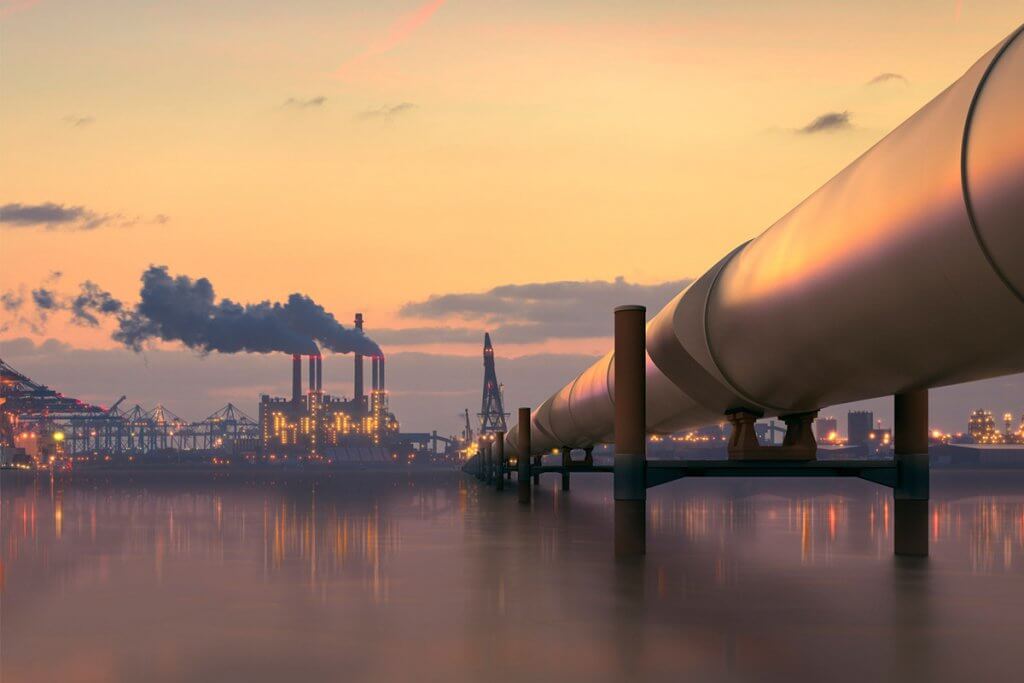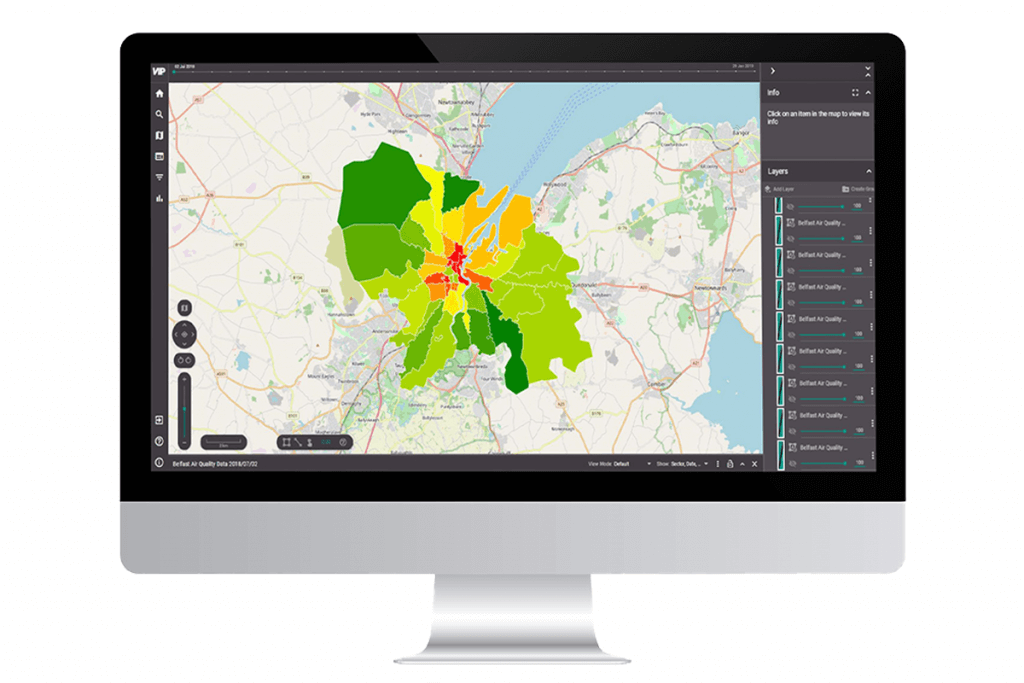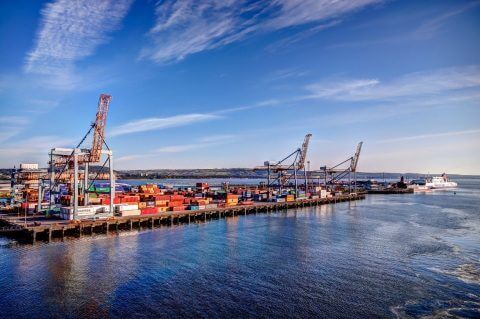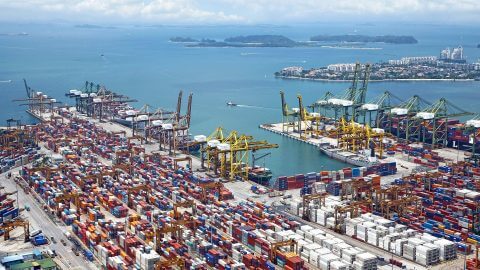Identified as the number one risk to our health by the World Health Organisation, poor air quality causes many premature deaths and blights the quality of life of thousands of people in the UK alone. The suite of services will enable; national and local government, health professionals, insurers, and other stakeholders to understand air quality related risk and respond accordingly.
Measuring Air Quality
Combining satellite data with other ground-based monitoring sensors to monitor the world around us, providing a range of interactive applications that allow users to map, monitor and analyse near real-time levels of air pollution.
Strategies for climate change adaption are crucial to ensure the terms of the Paris Agreement are met and using our services will empower and enable organisations across all sectors to meet their individual targets.


Key Features
- Adapt transportation routes based on real-time air pollution exposure levels
- Understand the correlation of disease and poor air quality
- Define and apply poor air quality triggers for public health managers and insurers
- Factor air pollution levels into town planning and development
- Encourage healthier lifestyles whilst reducing air pollution
Minimise Exposure to Poor Air Quality
- Plot a route, add destination points and work out various options such as the fastest and least polluted route
- Colour coded heatmap to view levels of air pollution
- View and compare air pollution levels based on three major modes of transport
- Save, share and export near real-time data
- View air pollution levels on any given date
Related insights

New port decarbonisation demonstrator project launched with ESA
Geospatial Insight is leading the CACHE Net Zero (Clean Air Clean Harbour Energy for Net Zero) project, co-funded by the European Space Agency (ESA), which empowers ports to effectively plan, implement and then monitor key actions that will deliver reductions in air pollution and carbon emissions associated with harbour operations.

Geospatial Insight on-track to assist with the UK’s net zero commitments
In the aftermath of COP26, global leaders and their nations set to work to meet historic pledges to significantly reduce emissions and reduce fossil fuel reliance. The UK has previously committed to reducing emissions by at least 78% by 2035 and be net-zero by 2050 – so how can we ensure these targets are achieved?

CACHE 22 – A clean air and clean harbour initiative
The European Space Agency (ESA) launched their ‘Port of the Future’ initiative to address a number ecosystem challenges within ports across the world, whilst also utilising space-based data and services. ESA funded a total of nine studies, providing a solution to one of four key themes: environmental sustainability and energy efficiency, digitalisation, infrastructure improvement and safety and security services.